Article not found
This article is no longer available. But don't worry—we've gathered other articles that discuss the same topic.
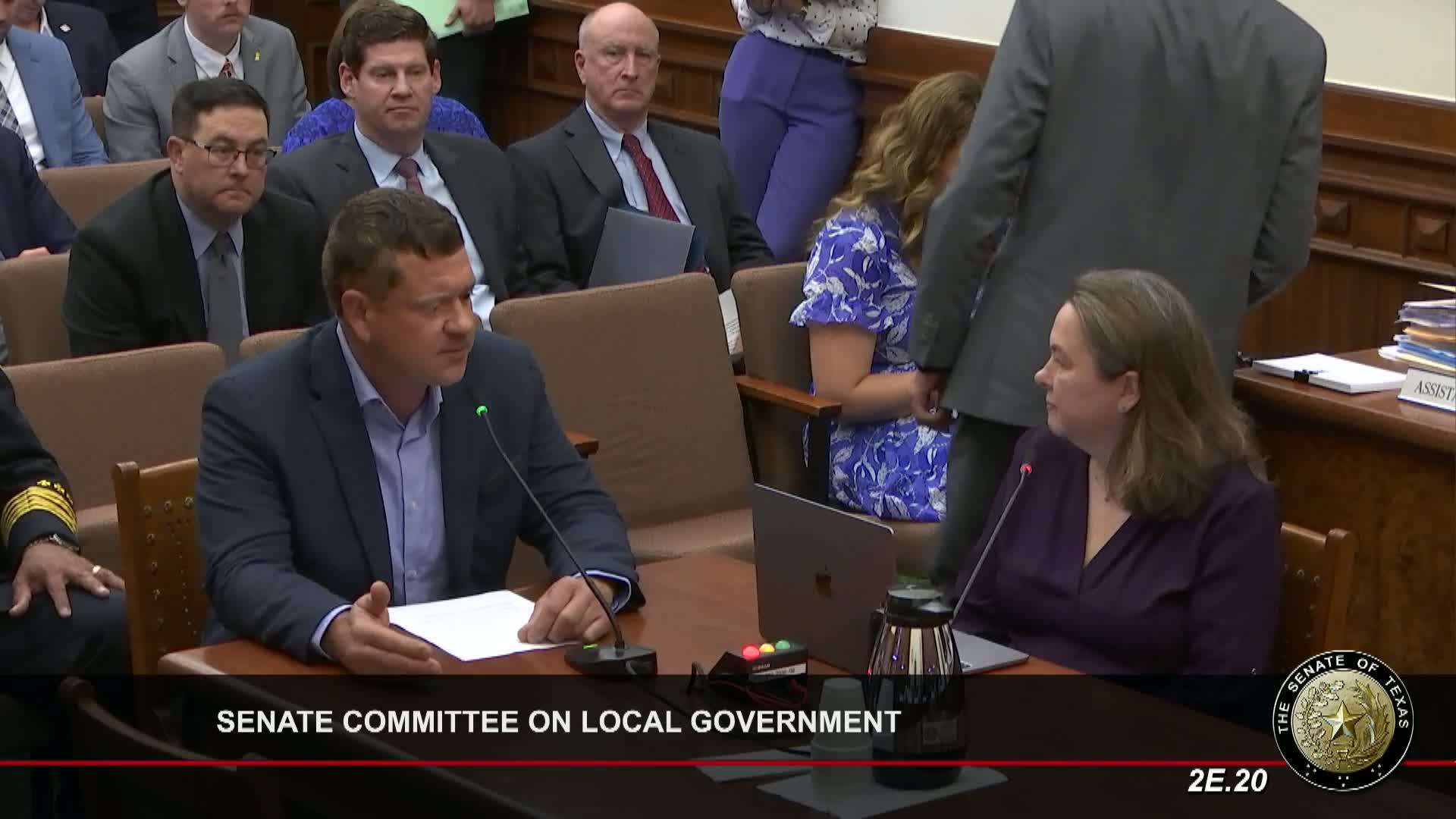
Committee hears contested bill to allow single‑stair apartment buildings under local opt‑in
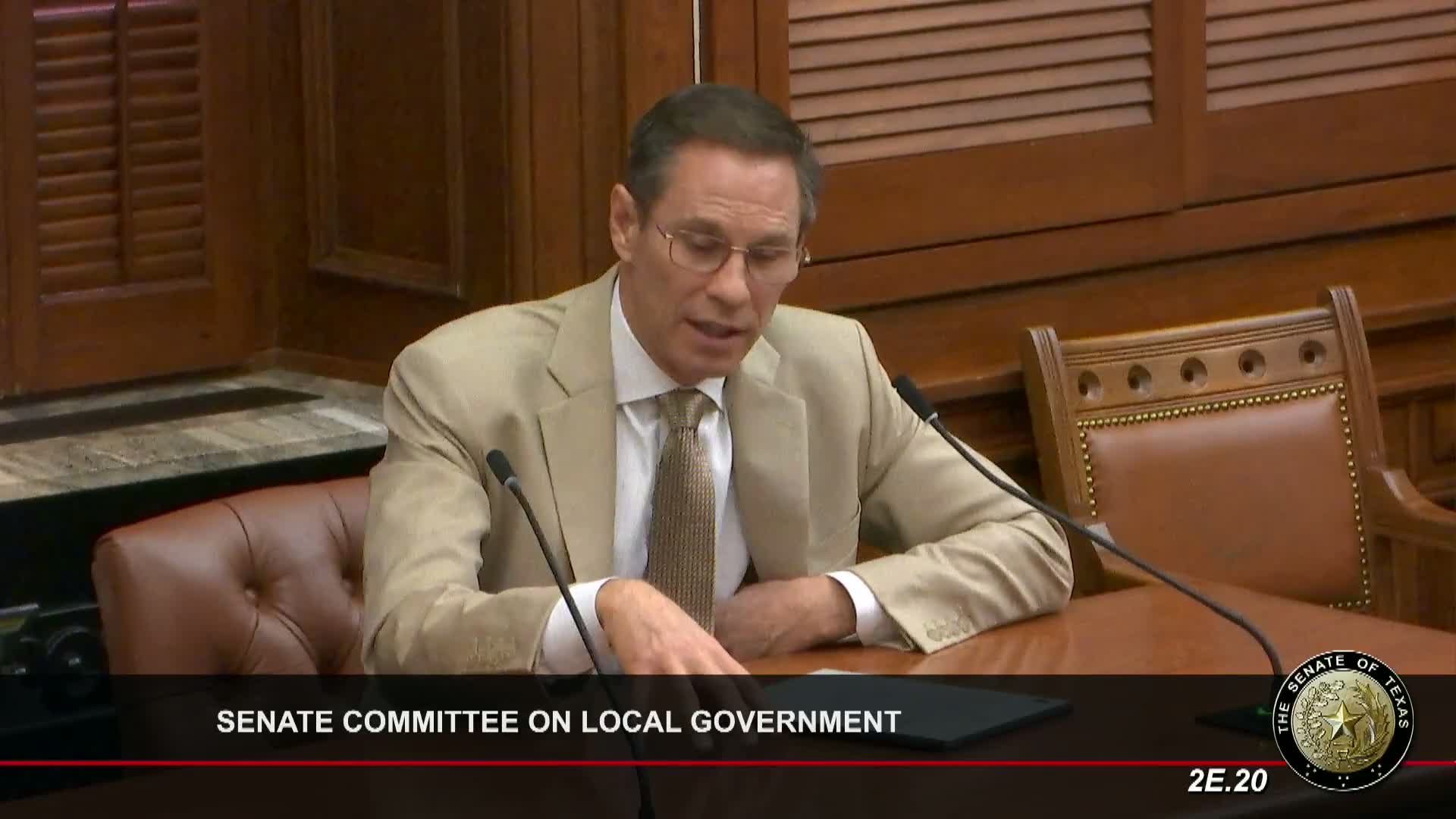
Committee hears proposal to streamline office‑to‑residential conversions to ease housing shortage
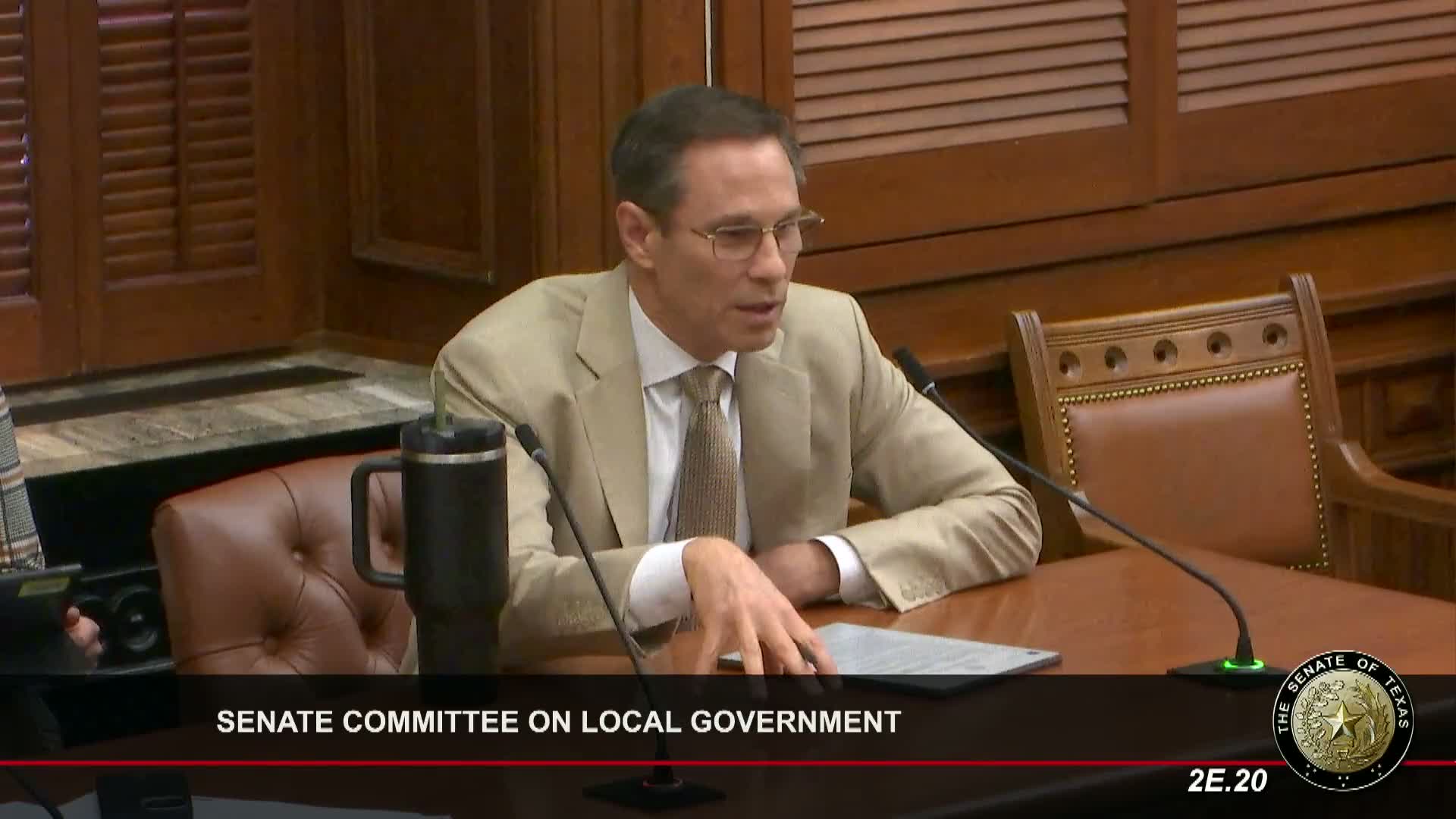
Bill would require registrars to report deaths to appraisal districts to prevent post‑death homestead‑exemption misuse
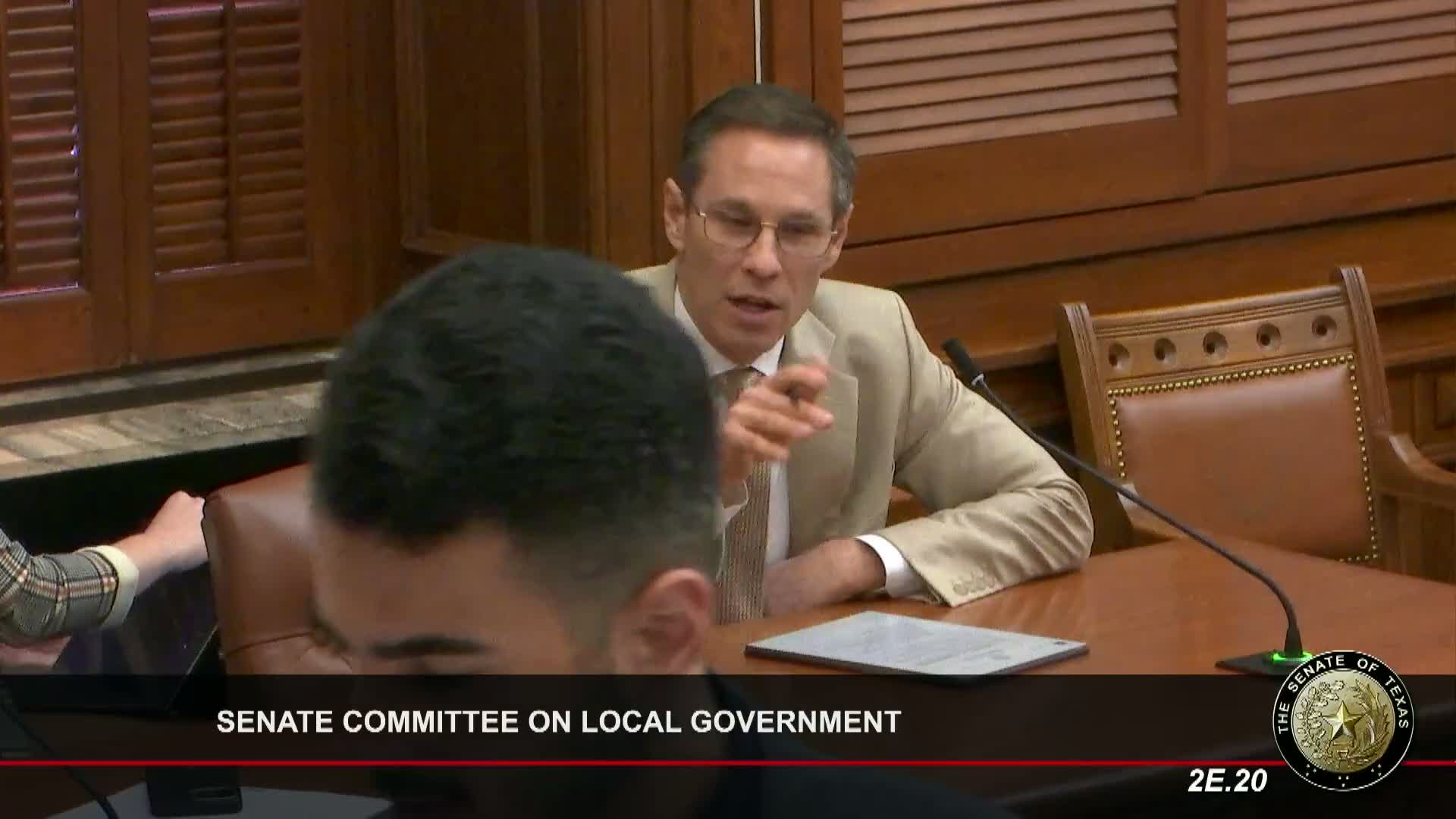
Committee reviews bill to clarify municipal ETJ removal process and allow landowner opt‑out
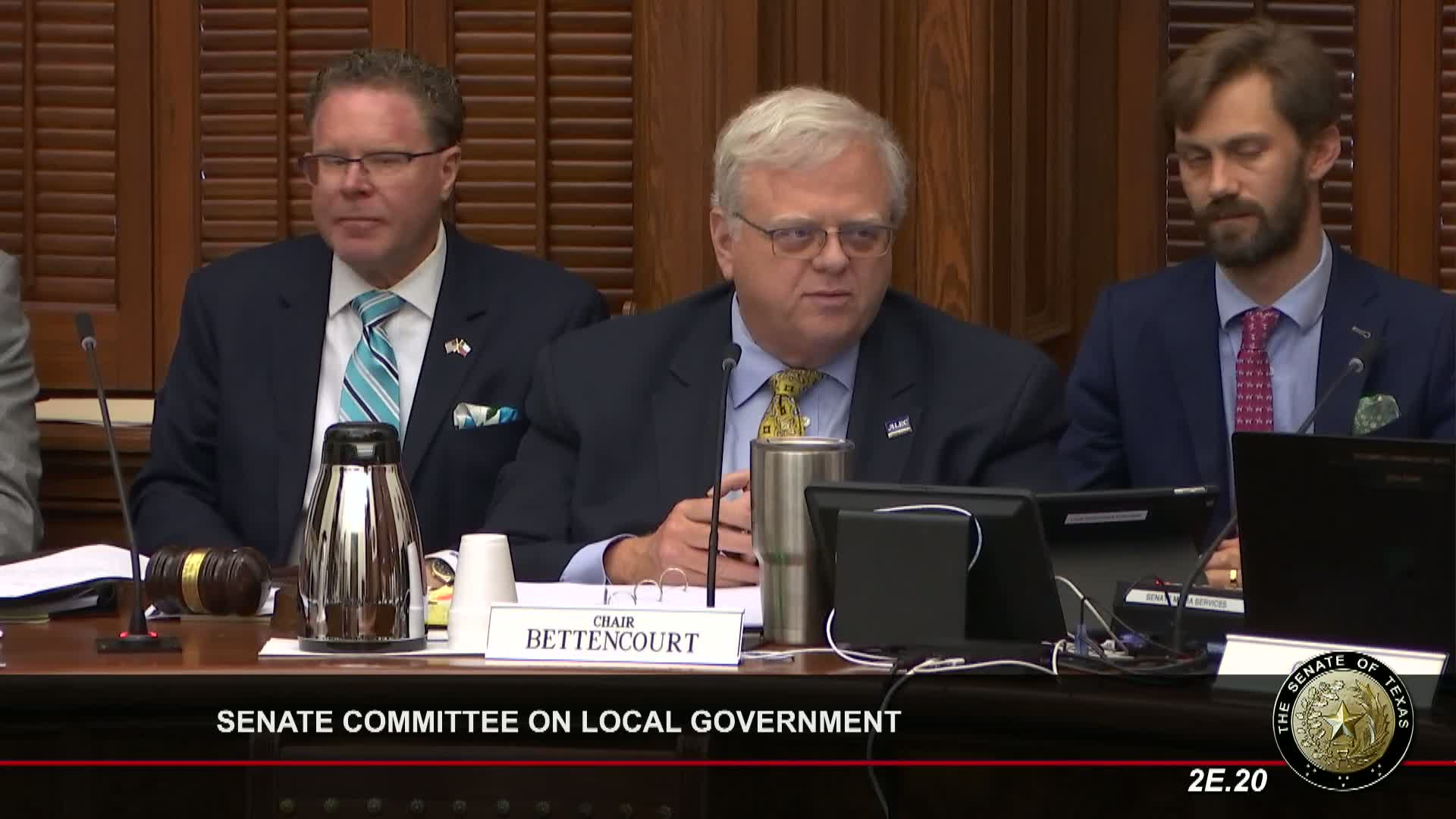
Senate bill would extend park‑commission powers to Waller County with civil penalties for misuse
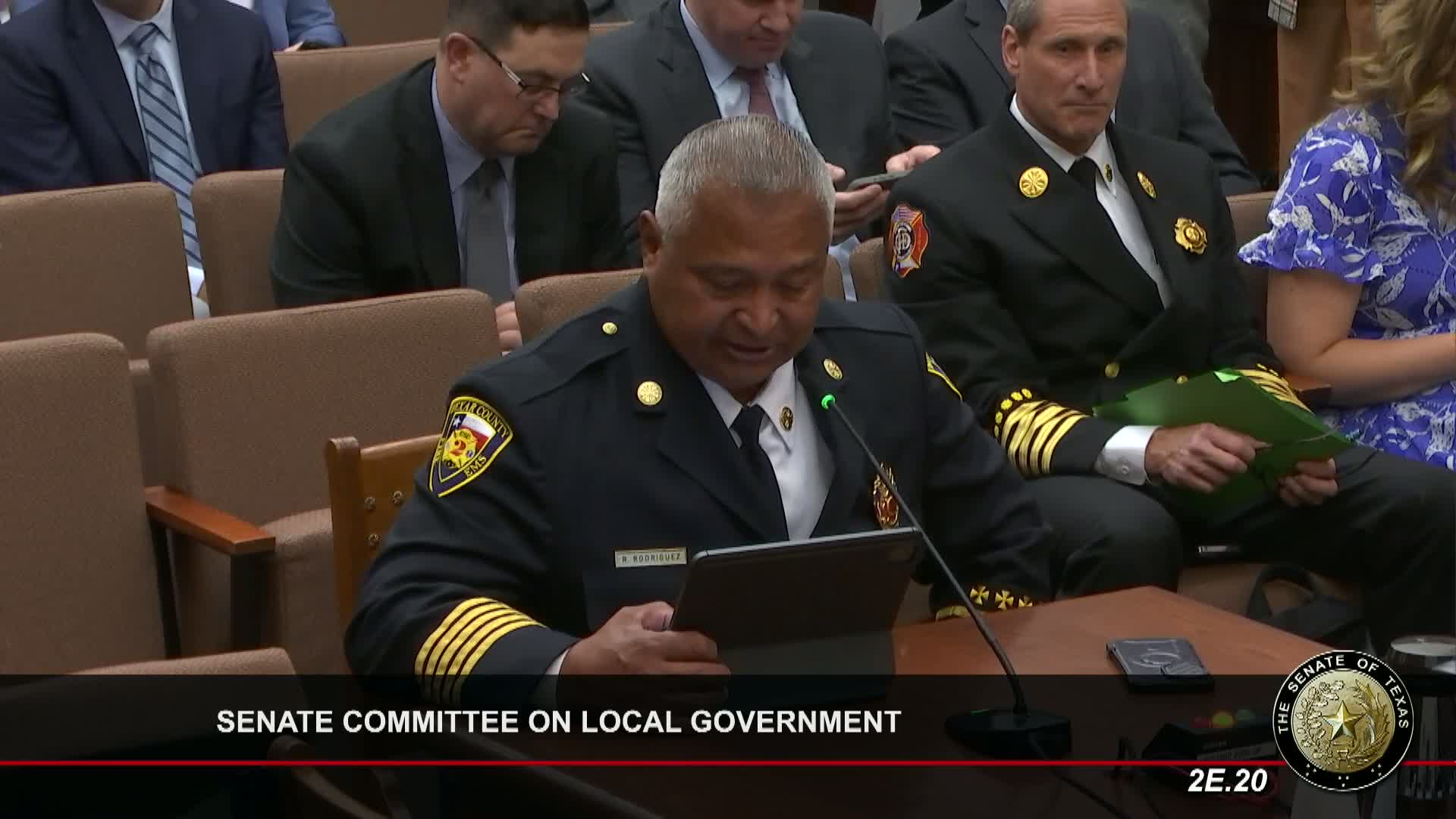
Bill would add municipal representation and regulatory exemption to Presidio County groundwater district board
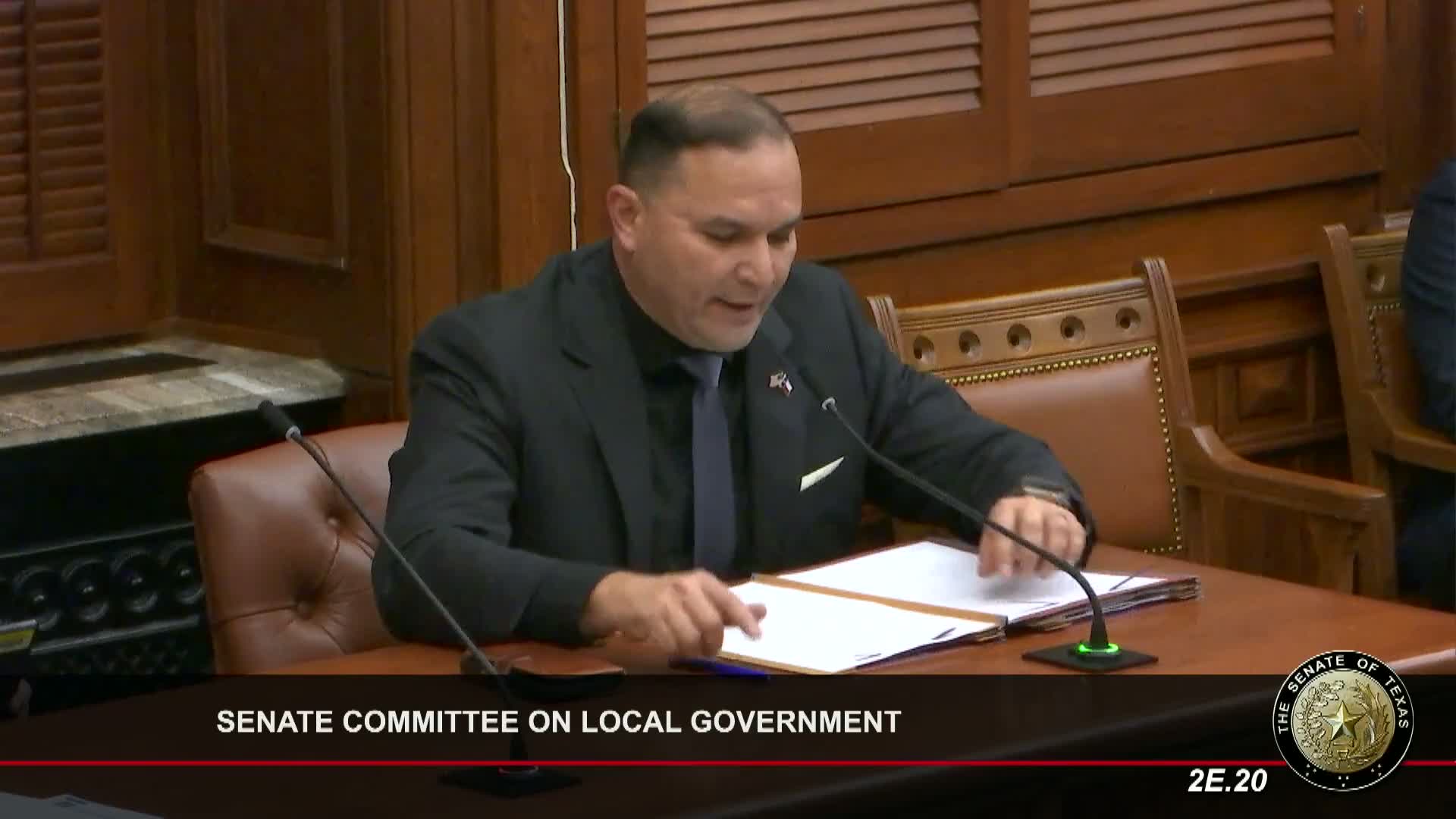
Bill would expand LIHTC "at‑risk" set‑aside to include Section 8 new‑construction and substantial rehabilitation projects
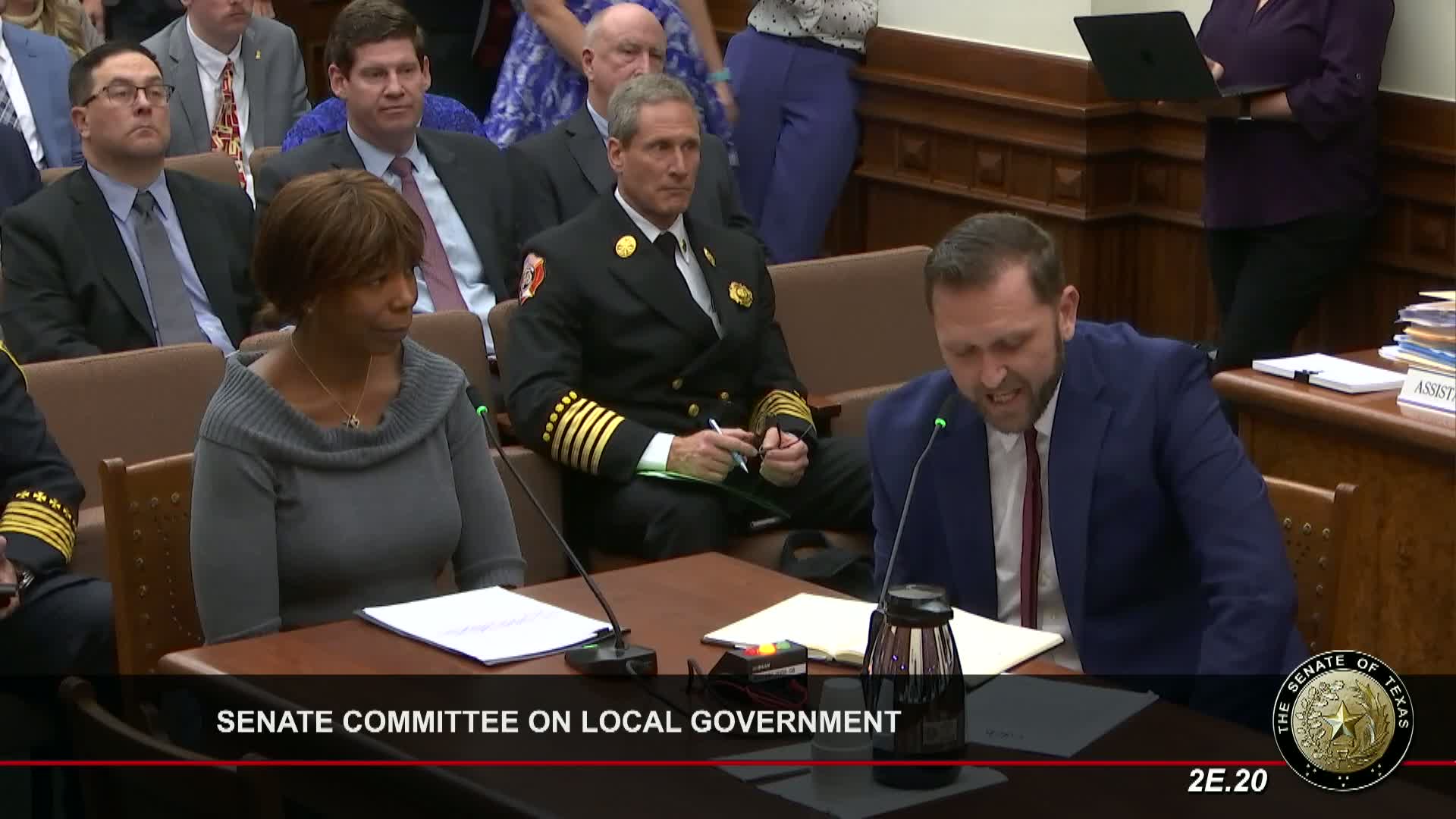
Bill would raise emergency service district board approval threshold from $2,000 to up to $50,000
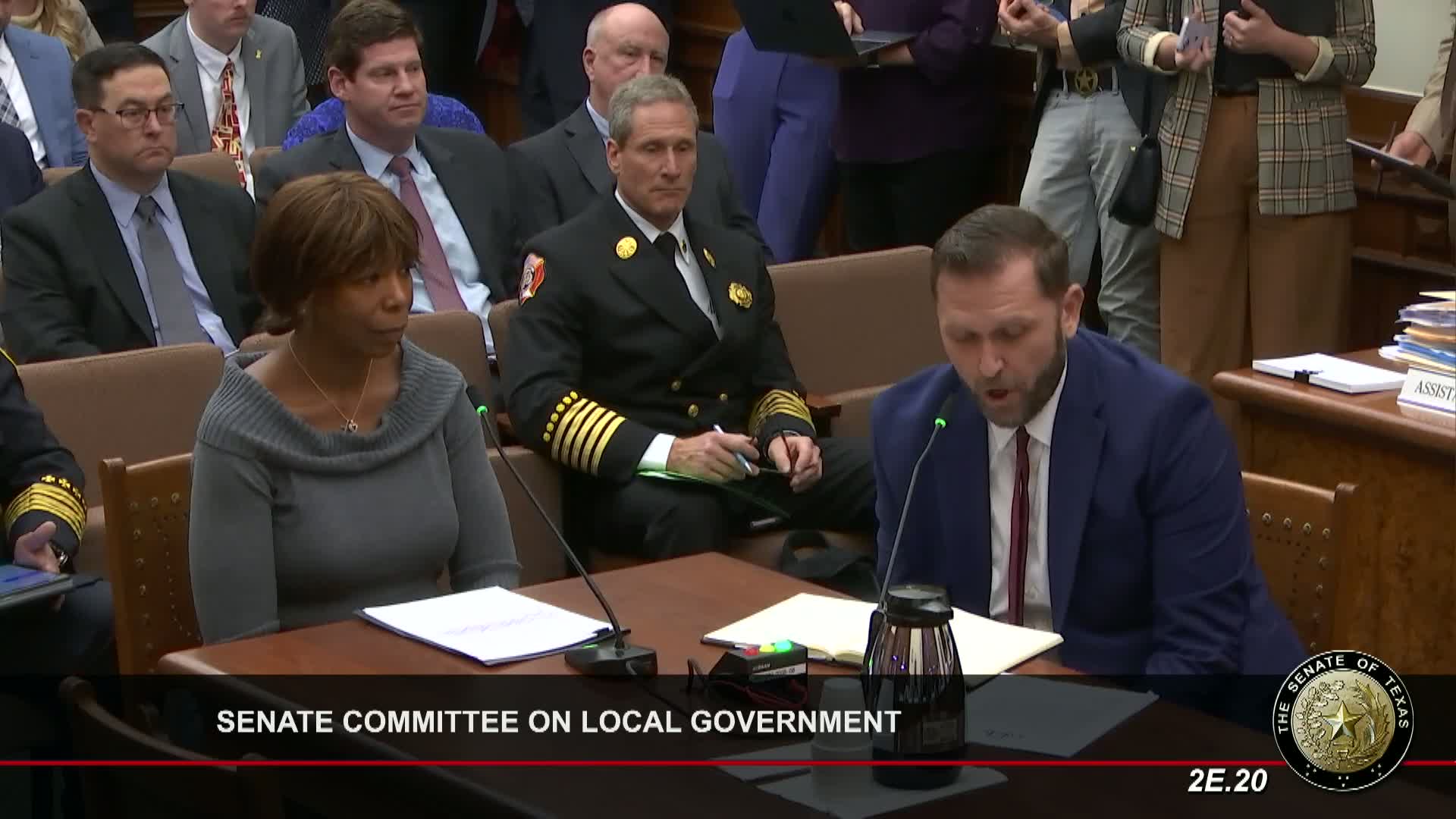
Committee substitute for SB 1708 would clarify protections for familial divisions of property and relation of water code to platting
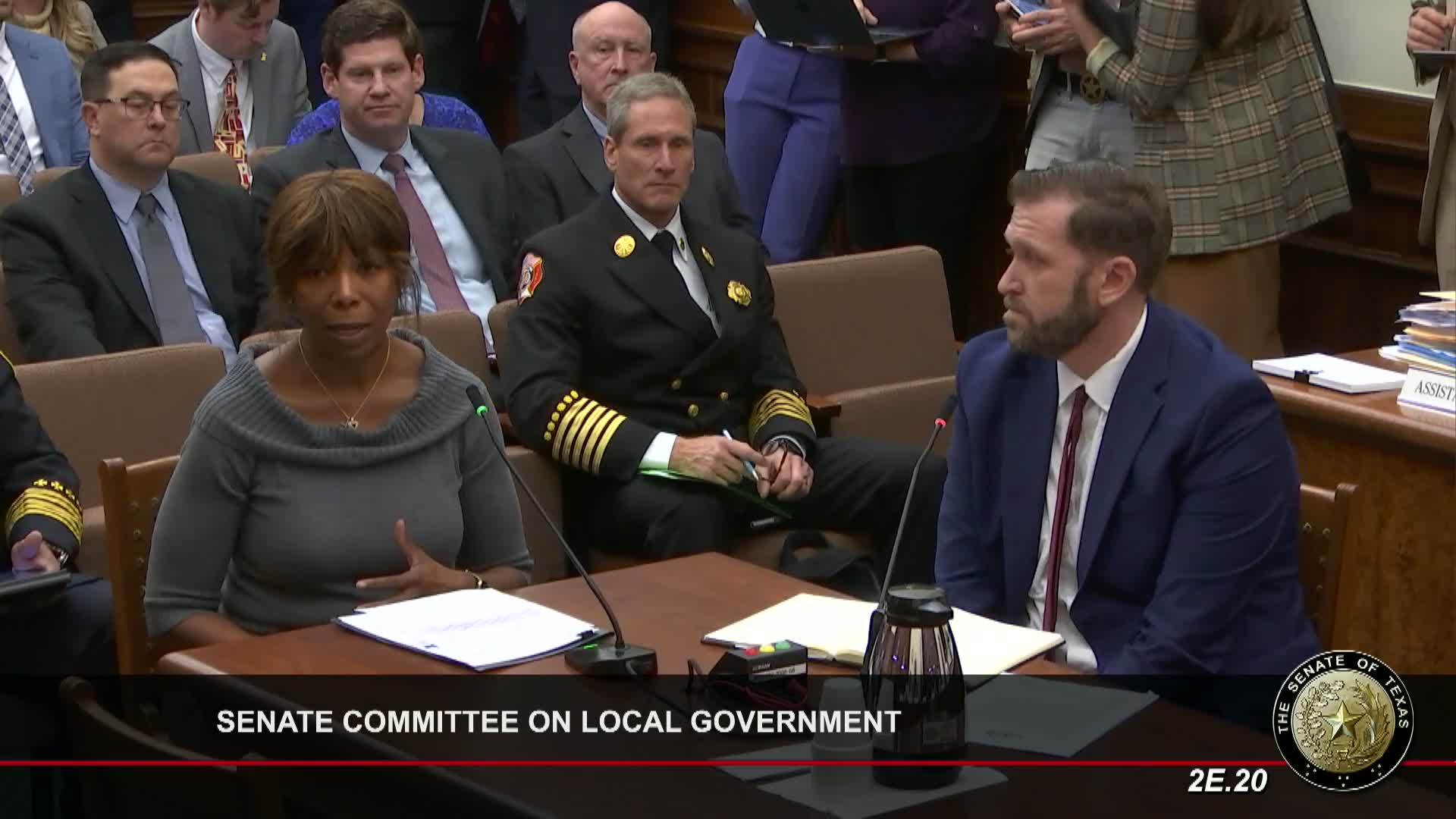
Senate hears local bill to modernize Kimbell County hospital district statute
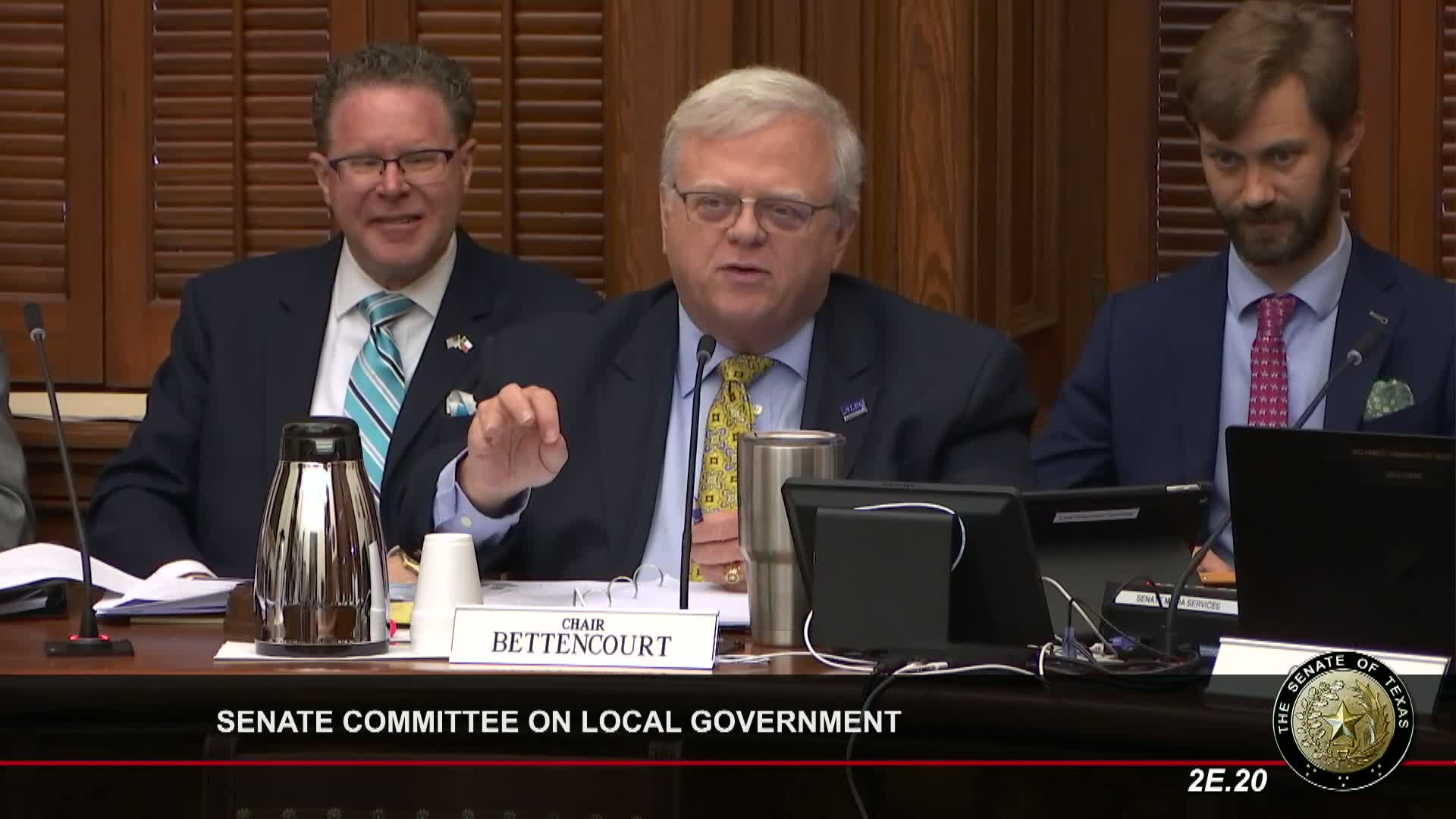
Committee hears plan for revolving workforce-housing loan fund to help nonprofit builders

